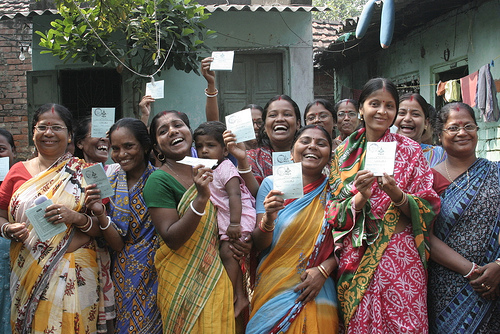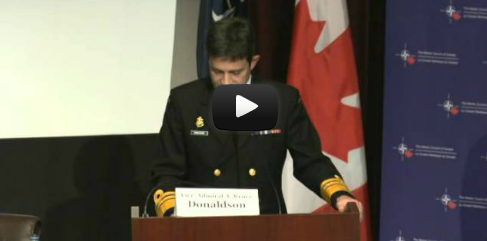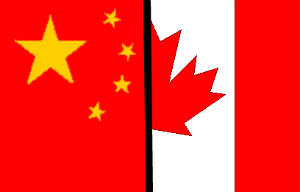Tradition vs. Modernity
The 21st century is one characterized by technological advancement, medical innovation, industry development and global interconnectedness. Much social, political, economic and technological progress has been made, yet as the global village advances and evolves, it also stunts it’s own development through the recycling of antiquated norms and expectations. This is especially apparent in the developing world, where the divide between the celebrated liberalized economy and a conservative and patriarchal social landscape is often obvious.
As women’s access to employment and education increase throughout the developing world, so too will their bargaining power in and outside of the home.
Throughout history, there has existed a profound tension between tradition and modernity, and this notion often manifests in women’s rights movements. Although the gender gap has narrowed, some states continue to inhibit women’s active participation in social, political and economic life. This is also the case for women in some highly developed nations, which can place more importance on gender roles and expectations than on women’s contributions to economic systems. This begs the question; how can a society truly develop and flourish when half of the population is not participating to their fullest potential?
Empowering Economics
Women make up half of the world’s population and account for a staggering 70% of the worlds 1 billion poor. Navi Pillay, UN High Commissioner for Human Rights reported that “women work two-thirds of the world’s working hours and produce half of the world’s food, yet earn only 10 percent of the world’s income and own less than one percent of the world’s property”. In many countries, women’s participation in the workforce is seen to negatively impact on the family as an institution and women’s role within it. Although opportunity and access to employment has increased, many women living in developing nations are not exposed to the same high-level work prospects as women in Western nations.
The notion of offering women a chance to harness their potential through the use of micro-credit initiatives was pioneered by Muhammad Yunus beginning in Bangladesh in the 1970s. These programs offered impoverished women loans which didn’t require collateral, and gave them the chance to access financial services and develop skills and businesses of their own.
Unlike the guardian type programs offered by the World Bank or the International Monetary Fund, Yunus believed that given the opportunity, individuals are perfectly capable of lifting themselves out of poverty. Micro-credit programs have had a measurable impact on influencing and strengthening women’s decision-making ability and in turn, their socioeconomic circumstance. Women learn and develop valuable skills, which they can use to generate income for themselves, their families and ultimately their communities. Perhaps most importantly, these programs allow for a high level of self-sufficiency, control and long-term sustainability.
Global Economic Stability
So what happens when women everywhere are empowered, motivated and encouraged to become more active participants in their societies? What does women’s advancement in the developing world have to do with economics and business in developed nations? Economic advancement in the developing world has opened up and will continue to generate new avenues for industry, trade and financial development globally.
If globalization has taught us anything, it is that the interconnectedness of the world’s political, economic, and social systems, can benefit and also hinder the growth of world economies. Just as the global financial crisis of 2008 caused a ripple effect outward, crippling many economic systems far from the epicenter of the disaster, flourishing economies will share their successes with others through increased trade and investment, and as a result political and diplomatic relationship building will ensue.
Gender equality, and the subsequent inclusion of women as active leaders in their communities, must be attained in order to increase and maintain economic advancement in the developing world and more globally. The process of globalization will continue well into the future, and as a result economic systems will become increasingly integrated and interdependent. As women’s access to employment and education increase throughout the developing world, so too will their bargaining power in and outside of the home. Ultimately, there exists a mutually reinforcing relationship, where gender equality acts to promote economic development, and economic development improves the prospect of gender equality. Adena Eliasoph




